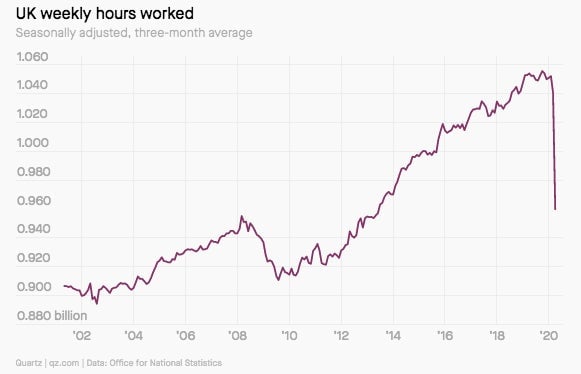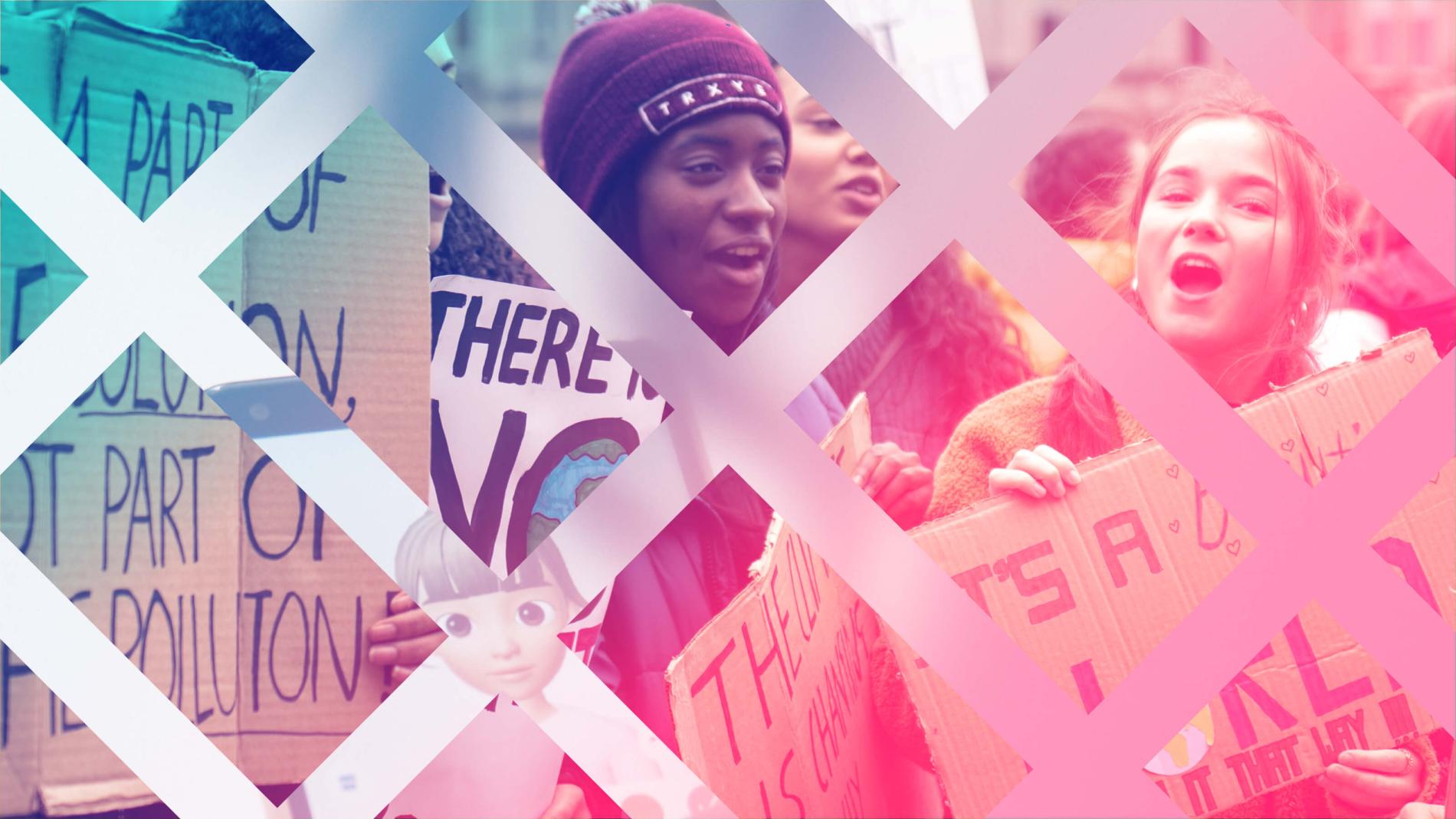Border fights, possible treatment breakthrough, farewell to airplane drinks
Good morning, Quartz readers!

Good morning, Quartz readers!
Here’s what you need to know
All Beijing schools are closed today. A resurgence in cases over the weekend has led to increased lockdown measures throughout the city including a pause of in-person classes. Meanwhile, new results in Japan show that just 0.1% of people in Tokyo tested positive for coronavirus antibodies, indicating a limited spread of the virus. And in New Zealand, prime minister Jacinda Ardern admitted to protocol “failure” leading to a pair of new cases in the country.
India suffered casualties during a border fight with China. Indian officials say 20 of their national forces were killed during a fight with Chinese soldiers in the contested Himalayan Ladakh region. Across the continent, North Korea provoked its southern neighbor by blowing up a liaison office near the demilitarized zone between the two nations.
An inexpensive steroid was shown to help severely ill Covid-19 patients. Preliminary results showing that the drug dexamethasone reduced deaths in coronavirus patients on ventilators by around one third is being hailed as a “major breakthrough,” though some experts are urging caution until more data is released.
New US data offered a mixed picture for a V-shaped recovery. Retail sales rose by 17.7% over last month, roughly twice the rate that analysts predicted while US industrial production only increased by 1.4% in May, half the rate predicted by a poll of economists. And speaking before the US Senate banking committee, Federal Reserve chair Jerome Powell reiterated that economic recovery means a “long road ahead.”
SoftBank will cut its T-Mobile stake while Grab cut jobs. The Japanese tech giant reportedly plans to sell up to two-thirds of its position in T-Mobile, worth around $20 billion. Grab, Southeast Asia’s leading ride-hailing service, is also getting lean with a 5% staff reduction.
Charting UK workers’ recovery
The UK government has tried to cushion the economy from a deep recession, with extra assistance for companies and the unemployed. But a look just below the surface shows a massive shock with the largest drop on record for the number of weekly hours worked.

Leveling the playing field

The English Premier League—the world’s wealthiest and most popular national club competition—is getting back in the game, but the world has changed while it was on hiatus.
“Soccer may be the closest thing there is to a meritocracy in England,” writes Quartz’s Hasit Shah. “Nowhere else is there such a clear pathway for young Black men like Raheem Sterling and Marcus Rashford (25 and 22, respectively) to become multimillionaires and national heroes. It is, of course, predicated on supernatural talent and a ferocious work ethic, in addition to luck—every player is one bad injury away from disaster—and, most importantly, changing attitudes.”
While team owners, TV companies, and sponsors complain about the temporary loss of revenue, Sterling and Rashford have stood out for their contributions to battles against poverty and racism in extraordinarily challenging times, and made a case for the inclusion of Black talent in the game’s boardrooms.
For Members: What companies need to understand about Gen Z

What’s driving Gen Z? Quartz’s latest presentation looks at the age group’s progressive priorities—from the environment to body positivity—and what this means for companies hoping to connect with young people.
The coronavirus pandemic is likely to strengthen Gen Z’s existing tendencies to save money, value security, and prize thriftiness and conscious consumption. An with the generation’s estimated $150 billion in spending power in the US alone, companies can no longer depend on traditional gatekeepers to reach them. It’s time to meet Gen Z on its own terms.
✦ All of the slides and our field guide on What Gen Z wants are now available to Quartz members. Prize your own thriftiness by checking out a seven-day free trial. ✦
You asked about the future of the workplace
Do you think Covid-19 will permanently change the workplace? – Sallie
We think that’s a safe bet. Writing for Quartz, Jason Wingard, dean and professor of human capital management at the School of Professional Studies at Columbia University, says that our suddenly new ways of working are here to stay. He breaks down the principle changes into four pillars:
- Flexible hours: Employees will be forced to set—and communicate—their own availability, based upon their personal schedules and productivity levels.
- New employee metrics: To measure individual success at the fully-remote tech firm Automattic, CEO Matt Mullenweg asks employees: “What do you actually produce?”
- Social impact: The difference between a PR grab and making a real difference can hinge on building long-term relationships with nonprofits instead of one-time actions.
- Authentic relationships: With the last semblances of formality now stripped away, it’s more important than ever to avoid a culture wherein every interaction becomes casually transactional.
Surprising discoveries
DeepMind is turning to the game of Diplomacy. The AI that’s mastered chess and Go will learn complex reasoning skills and the power of working collaboratively.
Adopt a Boston Dynamics robot dog. Finally, consumers with $74,500 to burn can give Spot a new home.
“Airline bottles” need a new name. Some carriers have stopped serving alcohol in an effort to limit interactions between staff and passengers.
Siri can record your police interactions. Saying “Hey Siri, I’m getting pulled over” will prompt an iPhone’s digital assistant to start a video recording.
The green planet. A layer of oxygen is causing Mars’s atmosphere to glow green.
Our best wishes for a productive day. Please send any news, comments, headless robot pets, and Diplomacy tips to [email protected]. Get the most out of Quartz by downloading our app on iOS or Android and becoming a member. Today’s Daily Brief was brought to you by Susan Howson and Max Lockie.